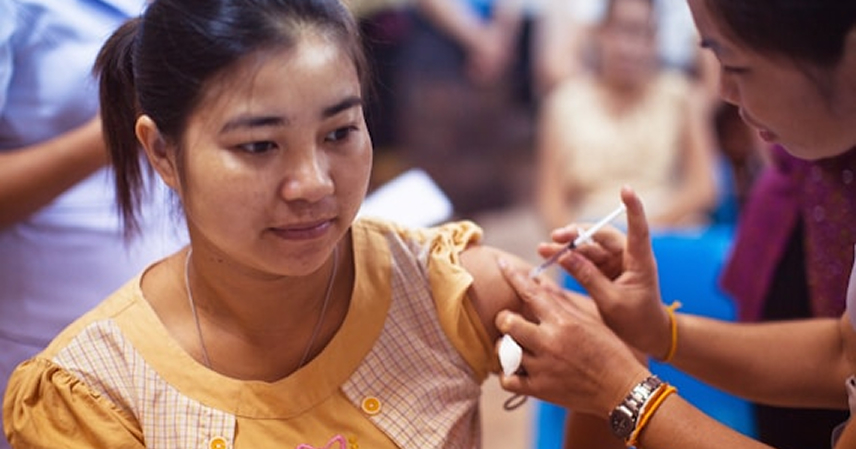A groundbreaking new study reveals a stark reality: individuals facing social and economic hardships are significantly more likely to develop long COVID. Researchers at Mass General Brigham have uncovered a strong link between social risk factors and the persistent symptoms that plague many COVID-19 survivors. This alarming finding underscores the critical need for comprehensive healthcare solutions that address the social determinants of health.
The research, published in the Annals of Internal Medicine, highlights the urgent need to move beyond simply treating the disease and to focus on preventative measures and equitable access to healthcare for all, regardless of socioeconomic status.
What Happened? 📝
The study analyzed data from 3,700 participants in the RECOVER-Adult cohort, a longitudinal research initiative tracking long COVID. These participants, from across the United States, experienced SARS-CoV-2 infection during the Omicron variant surge. Researchers meticulously assessed various social risk factors, including financial instability, food insecurity, healthcare access challenges, and lack of social support. They also considered area-level factors such as household crowding.
The results were striking. Participants with even one social risk factor had a two-to-three times greater risk of developing long COVID compared to those without. The more risk factors present, the higher the likelihood of experiencing persistent symptoms.
Key Social Risk Factors Identified 🔎
The study pinpointed several key social risk factors significantly increasing the risk of developing long COVID. These include financial hardship, making it difficult to afford basic necessities and healthcare; food insecurity, meaning inconsistent access to adequate food; and experiences of medical discrimination, which can create barriers to seeking and receiving care. Skipping medical care due to cost was another significant factor, highlighting the financial barriers to accessing timely and appropriate medical attention.
Furthermore, the researchers found that living in areas with high household crowding also correlated with a higher risk of long COVID. This factor emphasizes the role of environmental conditions in influencing disease outcomes.
Disparities Across Racial and Ethnic Groups 📊
While the study found that social risk factors impacted the risk of long COVID similarly across racial and ethnic groups (white, Black, and Hispanic individuals), it also revealed a significantly higher burden of these risk factors among racially and ethnically minoritized populations. This reinforces the existing health disparities and inequities within our healthcare systems.
This disparity highlights the interconnectedness of social determinants of health and the unequal impact of the pandemic on vulnerable communities. Addressing these systemic issues is crucial for achieving health equity.
Understanding the Long-Term Implications ⏳
The researchers emphasize that long COVID is not simply a post-infection complication; it’s a chronic condition affecting many people long after their initial SARS-CoV-2 infection. The study’s findings underscore the need to view long COVID through a broader lens, considering the significant influence of social factors on its development and persistence.
The study’s authors believe that future research should focus on better understanding the relationship between specific long COVID symptoms and particular social risk factors. Further investigation into the long-term effects (a year or more) of COVID-19 and the influence of social factors on symptom persistence is also crucial.
Key Takeaways 🔑
- Individuals with social risk factors (financial hardship, food insecurity, medical discrimination, etc.) have a significantly higher risk of developing long COVID.
- The number of social risk factors directly correlates with the likelihood of developing long COVID.
- Racially and ethnically minoritized groups experience a higher burden of these social risk factors, although the impact on long COVID risk appears similar across groups studied.
- Addressing social determinants of health is crucial for mitigating long COVID risk and improving health equity.
- Further research is needed to understand the long-term effects of COVID-19 and the specific links between social risk factors and various long COVID symptoms.
This study provides compelling evidence that tackling long COVID requires a multifaceted approach. Addressing the social determinants of health is not just a matter of social justice; it’s a critical step toward effective disease prevention and management. By acknowledging and addressing these factors, we can work towards a healthier and more equitable future for all.
Source: Researchers discover key social factors that triple long COVID risk



